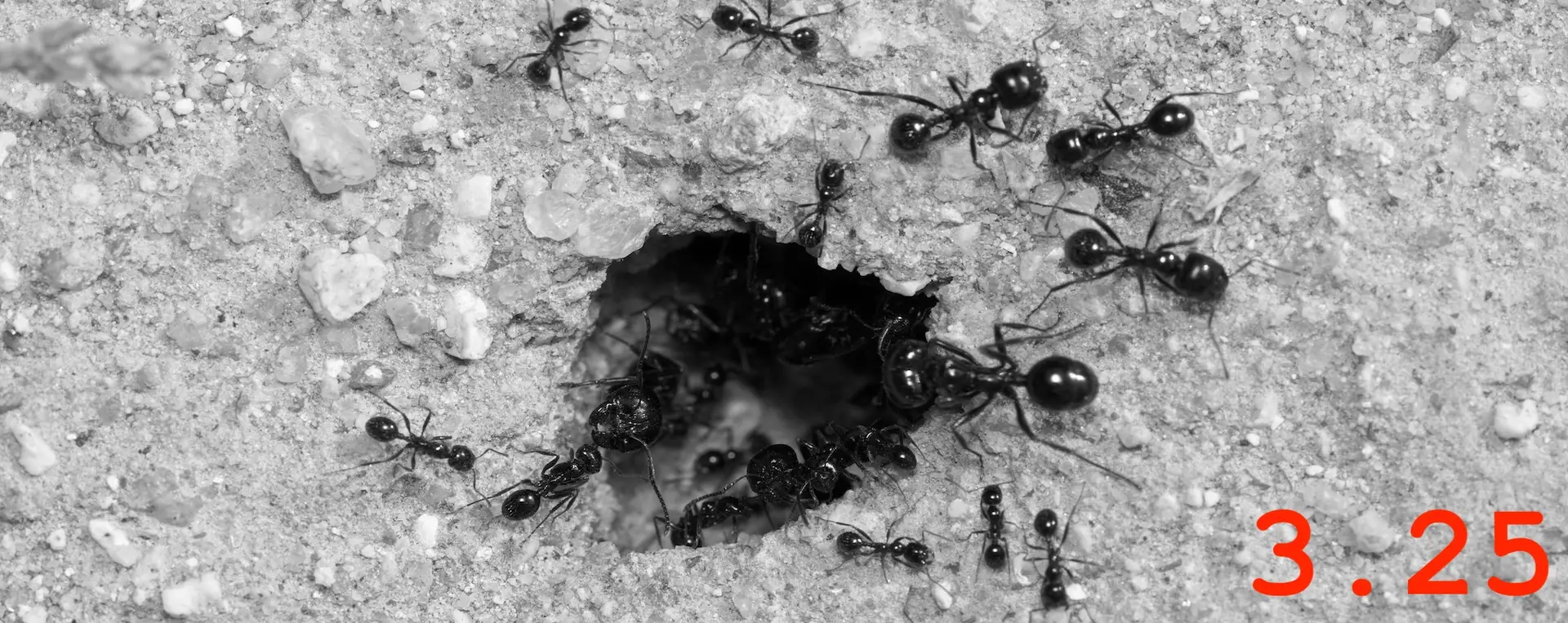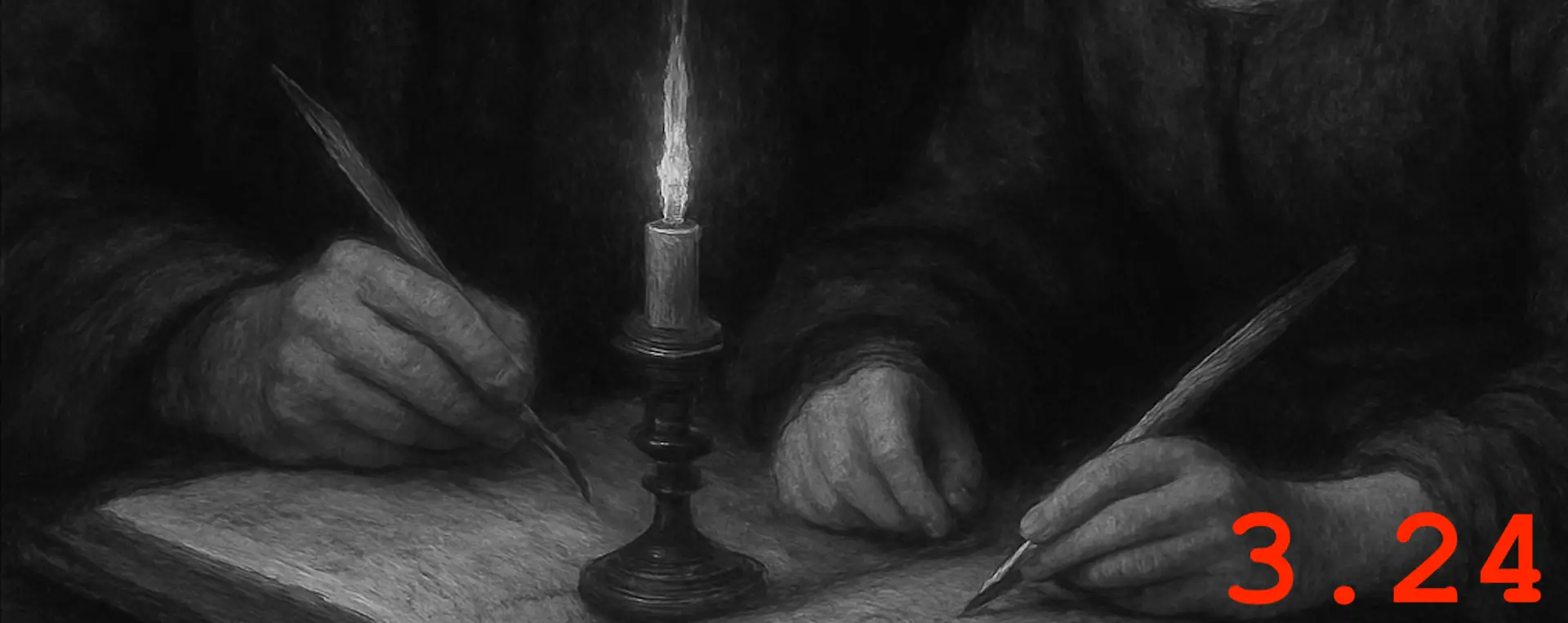Thought leadership should be fun, fast, and fearless. You tap into excitement about new ideas and advocate for something better. That’s the mindset behind The Idea Sled. Projects glide forward gracefully. It’s the momentum of commitment. This newsletter shows you how.
Everything is a relationship between elements within a system. Independence is simply a standpoint in such relationships. Interdependence—the relationship between systems. And it is the oscillation of intra-, inter, and independence that makes us whole, whole within wholes. No freedom is possible without that oscillation.
For example, a “free” citizen has no freedoms without the paradox of the many dependencies of civility and civil society. In fact, it works on every level, even individual psychology, which functions inside family and social systems.
A bit of a heady intro, but let’s break that down into terms related to thought leadership. Thought leaders think independently, based on their inner experience, in relationships with peers, and typically from within an organization.
At the same time, while thought leaders benefit from challenging past assumptions and faulty premises, they need to understand where people are in order to lead them to a future destination. Thought leaders begin with what comes before in order to take intentional steps toward what comes next.
That’s the logic behind this week’s selection of things to read, hear, or see.

Jiddu Krishnamurti is one of philosophy’s most powerful advocates of intellectual freedom—not in the sense of being able to think whatever one wants but in the sense of total freedom from preconceived notions of what is. “Most of us walk through life inattentively,” he says, “reacting unthinkingly according to the environment in which we have been brought up, and such reactions create only further bondage, further conditioning, but the moment you give your total attention to your conditioning you will see that you are free from the past completely, that it falls away from you naturally.” Similarly, thought leadership calls us to reexamine the conditioning caused by failing and outmoded best practices, freeing organizations for growth.
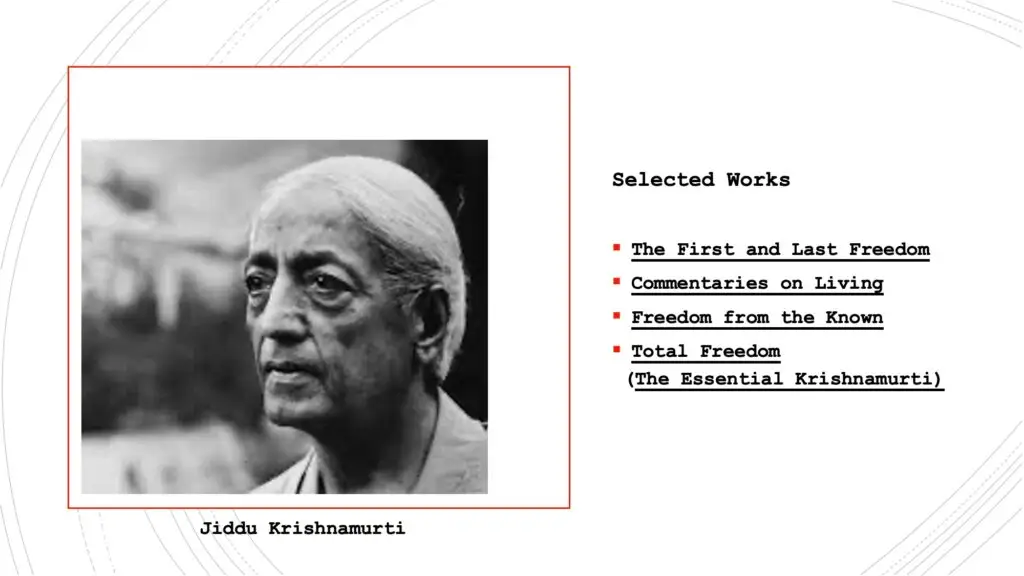
Total Freedom: The Essential Krishnamurti
For theoretical physicist Karen Barad, “intra-action” is the idea that objects, beings, or phenomena do not exist as independent entities. Everything–down to the quantum level of matter—comes into being through relational entanglements. The apparent boundaries and properties of entities are not fixed. Instead, they are continuously redefined through relational processes. The capacity for action emerges from such relational dynamics. And what’s more, Barad’s thinking requires acknowledging the impact of human and non-human actions because we have ethical responsibilities within these entangled relationships. What’s true at the quantum level also operates in the entangled business relationships that yield thought leadership.
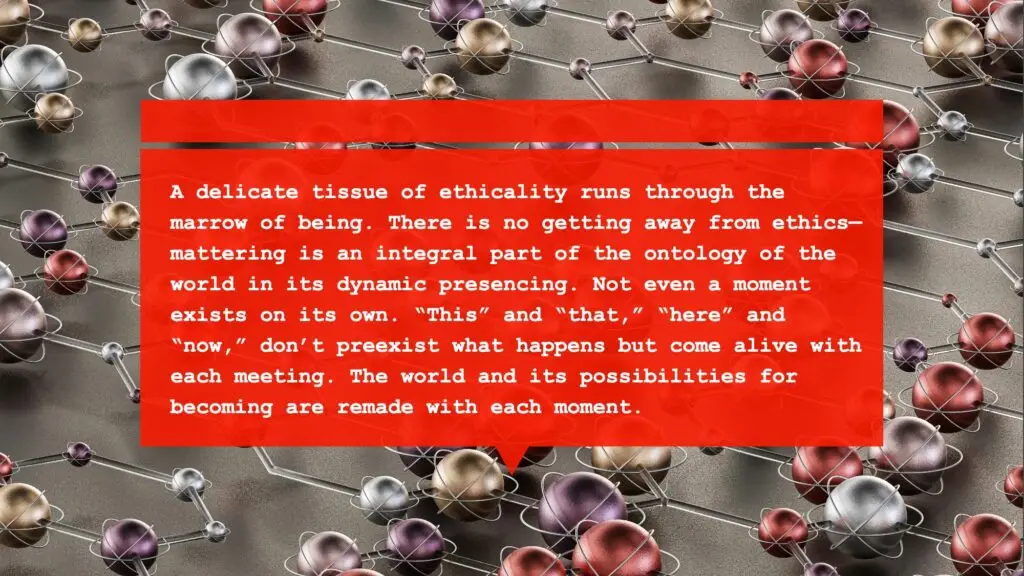
Karen Barad, Meeting the Universe Halfway: Quantum Physics and the Entanglement of Matter and Meaning
In How Forests Think: Toward an Anthropology Beyond the Human, anthropologist and ecologist Eduardo Kohn challenges us to consider how all life forms participate in meaning-making processes. By interacting with Amazonian cultures, human and non-human, his work rethinks relationships among humans and with the rest of the living world.
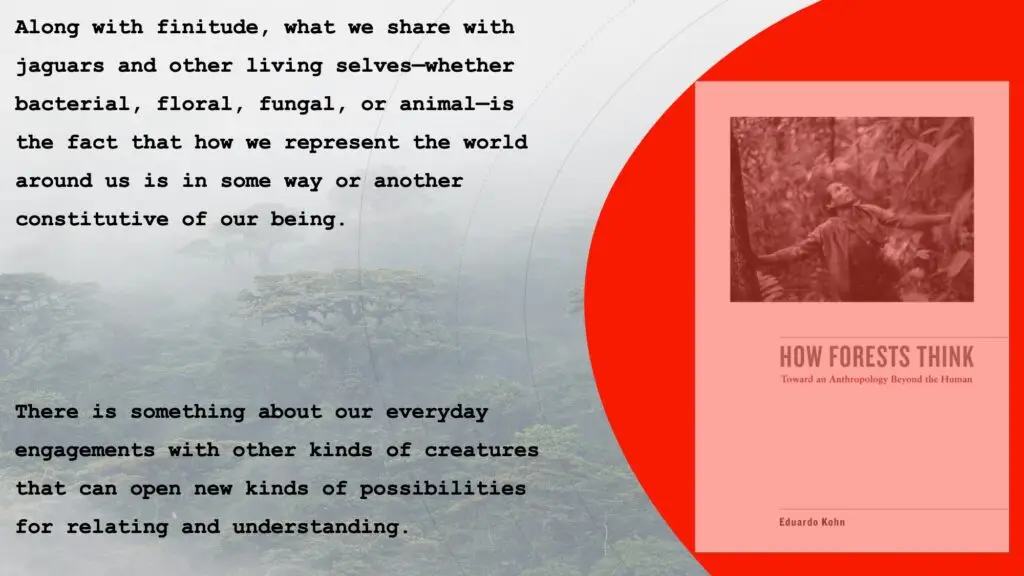
Note: Many of the links above are affiliate links. I’m using them in lieu of paid subscription tiers or digital tip jars. Seems like a much more graceful way to generate financial support while sharing more thinking and writing that can guide thought leadership.


